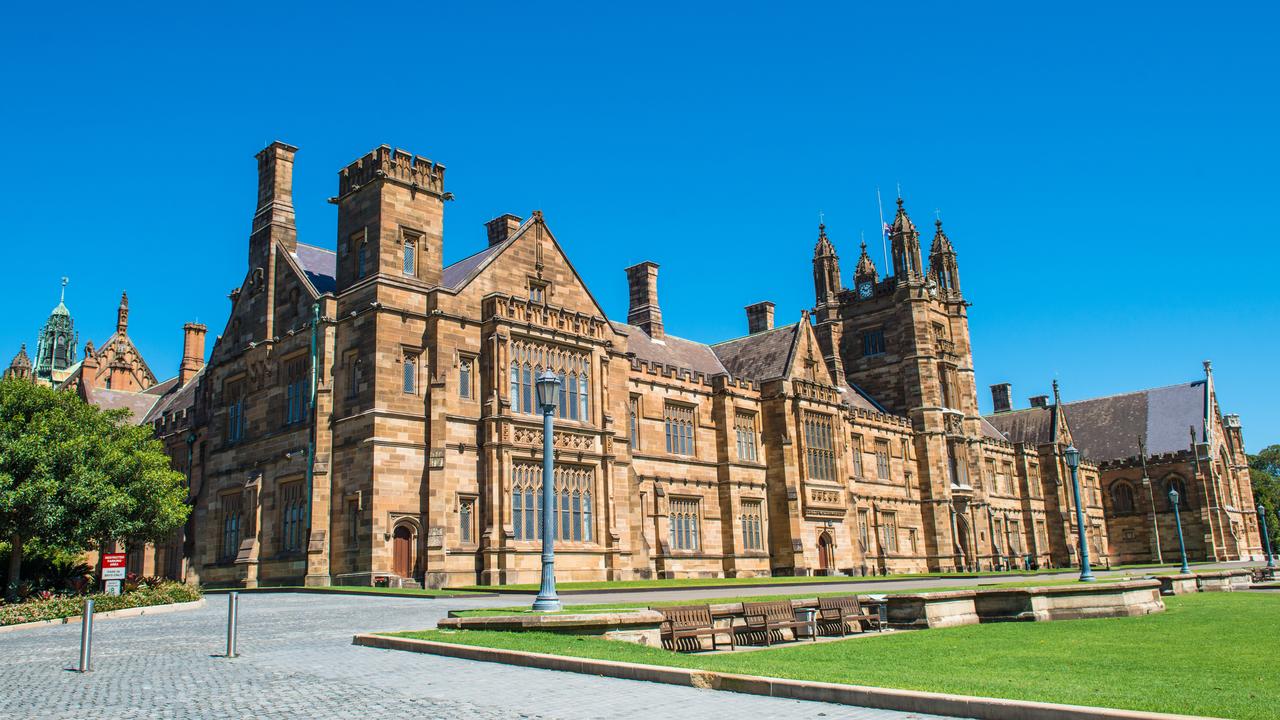31,000 Chinese students arrive in Australia despite coronavirus travel ban
Tens of thousands of students have arrived in Australia from China despite the government introducing restrictions on travel.

More than 31,000 Chinese students have made their way back to Australia after spending a fortnight in a third country, despite the government’s travel ban.
By travelling to a third country and spending two weeks in self-quarantine before coming to Australia, the students were able to satisfy the Department of Home Affairs’ travel restrictions. After two weeks in a third country those who have travelled from China are then able to travel to Australia.
Figures from Department of Home Affairs show 31,196 Chinese students have now arrived in Australia since mid-February. The students have been arriving at a rate of about 1000 a day, according to The Sydney Morning Herald.
The ban on non Australian citizens travelling from China was first announced on February 1 in a bid to try and stop the spread of the coronavirus, which started in Hubei province in China.
The virus has now infected more than 126,000 people and killed more than 4600. The travel ban for China has been eased only slightly, where cases of Year 11 and 12 students are considered on a case-by-case basis. Travel bans have now been announced for other countries.
RELATED: Follow the latest coronavirus update


A spokesperson for the University of Sydney told news.com.au the institution is supporting their students with counselling services and fee payment plans, and have set up a dedicated hotline to help students through what they called a “challenging time”.
“The outbreak of COVID-19 is evolving day by day, and the health and wellbeing of our staff, students and community remains our highest priority,” a spokesperson said.
“We’re considering a range of options to plan for different scenarios and to mitigate risks.
“We’re also focused on supporting our students who remain in China until we can safely welcome them on to campus.
“This includes reviewing and testing our existing systems to ensure that online-supported learning options are available at full-scale, and are providing assistance to staff and students to use technologies to help deliver courses we’re currently offering online to our students that currently reman in China, or in the event we need to partially or fully shut down for a period of time.
“We won’t know until census on 31 March how many of our students have been affected but we anticipate it could be up to 12,000.”
The University of Sydney is not paying travel expenses to students who are self-quarantining in a third country, news.com.au understands.
Australia’s higher education system is buoyed by a large community of international students.
When the ban on non citizens travelling from China to Australia was announced in early February, 106,000 Chinese students enrolled in Australian universities were overseas.
The local education sector has been hit hard by thousands of full fee paying international students being blocked from entering the country.
In response, some institutions, including the University of Melbourne, University of Adelaide and Western Sydney University have offered grants of up to $7500 to affected students to get around the travel ban.
One Chinese student said she spent nearly $20,000 travelling from China to Thailand to self-quarantine and make it to her classes at the University of Sydney.
Law and commerce student Karen Ji previously said in an interview with the BBC the ban had felt like “a betrayal to our international students”.
“Chinese international students make up the largest international group for the (Australian) education industry – we contribute so much money to Australia every year,” Ms Ji said.
The travel ban for non citizens in China was implemented on February 1 and it has not been eased since that time. Australian and permanent residents, as well as their partners and spouses are allowed to travel from China but are required to quarantine themselves for 14 days.
Similar travel bans have now been extended to Iran, Italy and the Republic of Korea.
On February 22, the travel ban for mainland China was eased slightly for year 11 and 12 students. Those students are now being considered on a case-by-case basis.




